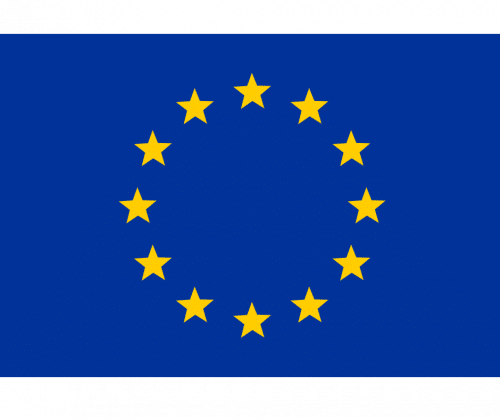The European Commission has published a new strategy for the rights of persons with disabilities for the next 10 years. Aiming at improving the living conditions of 100 million European citizens with disabilities, this strategy constitutes a roadmap for the Union and the Member States by 2030. The 2021-2030 strategy aims to ensure the full participation of people with disabilities. This participation must be reflected in all policies (health, employment, education, etc.).
On the occasion of the presentation of this strategy, the European Commissioner for Equality, Helena Dalli (Malta) said ” People with disabilities should be able to participate equally in all areas of life. Living independently, learning in an inclusive environment, and working under appropriate standards are conditions that we need to ensure to all citizens to enable them to flourish and live life to the fullest“. In order to take into account disability in all European policies, disability correspondents will be designated in all the institutions and agencies of the Union.
The strategy plans to strengthen European standards for accessibility. The Commission is thus announcing the establishment of a European Resource Centre from 2022. Called AccessibleEU, it should be “an effective driver of accessibility” commented the president of the European Disability Forum (EDF), Yannis Vardakastanis. One should say that the previous strategy (2010-2020) led to a “European Accessibility Act”, the starting point of a series of European rules for accessibility in all areas and which must now be transcribed in the laws of the member states.
Learners with invisible disabilities like dyslexia.
Concerning education, an area where policies are more decided at state level, the Union nevertheless states: “There is still a considerable need for action as demonstrated by the gaps in educational outcomes between learners with and without disabilities.”
Too few studies have been carried out so far on the conditions necessary for the success of pupils with disabilities. And the authors of the strategy particularly emphasize those with invisible disabilities like autism, dyslexia, or ADHD.
“The recognition of invisible disabilities such as specific learning disabilities by the European Union is very important because it allows the rights of people to be asserted in all countries of the Union”, said Rosie Bissett, chairperson of the European Dyslexia Association. She specifies “The effective recognition of these rights will allow the mobility of young people in Europe for their studies or for employment”.
In conclusion, about education, the Commission will:
- issue in 2021 a toolkit for inclusion in early childhood education and care, which includes a specific chapter on children with disabilities;
- support Member States to further develop their teacher education systems to address shortages of teachers in Special Needs Education and competences of all education professionals to manage diversity in the classroom and develop inclusive education;
- as a member of the Board of Governors of the European Schools, support increased efforts to implement the Action Plan Educational Support and Inclusive Education focusing on accessibility and reasonable accommodation, adaptation of their curricula to the needs of learners with disabilities (e.g. alternative leaving certificates allowing for continuation of education at national level) and on providing training courses for teachers in the area of inclusive education.
The Commission calls on Member States:
- to support the development of inclusive schools that can become a reference in inclusive and innovative teaching and learning across the EU along the objectives of the European Education Area and the Digital Education Action Plan;
- to ensure that their education systems at all levels comply with the UNCRPD to advance on supported learning in inclusive mainstream settings, as announced in the Communication on the European Education Area;
- to support the implementation of Article 24 UNCRPD in the European Schools.





